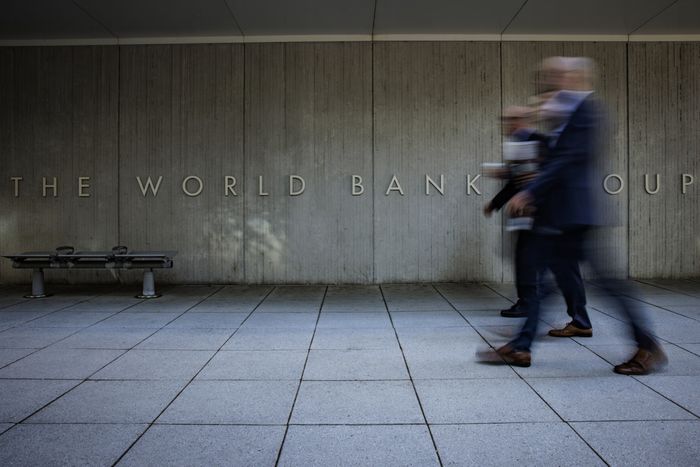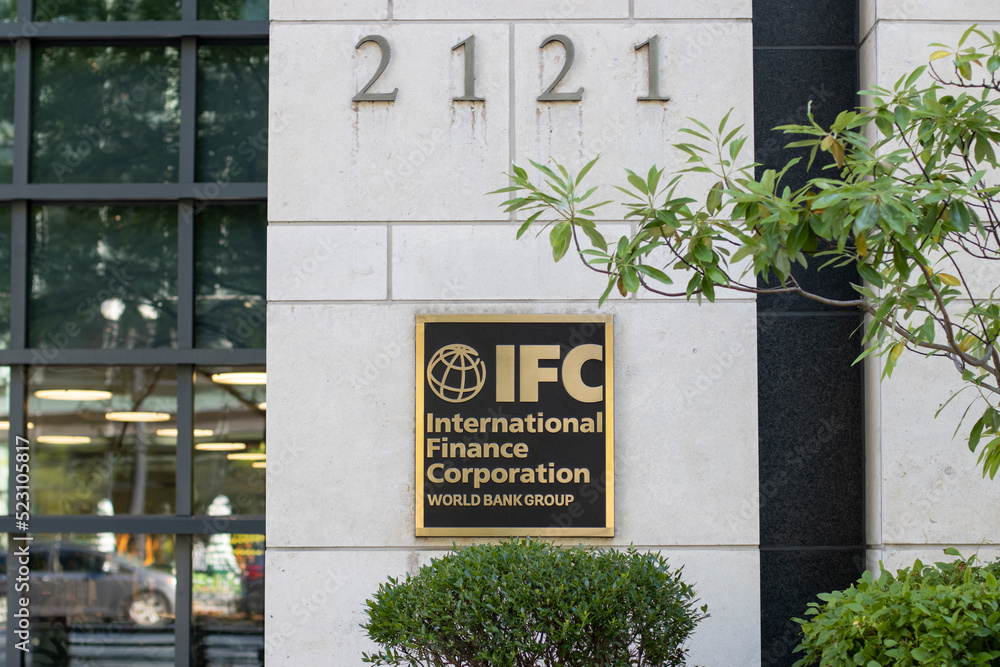
The Need for a Sanction System for IFC Clients Violating Performance Standards: Ensuring Accountability Beyond Financial Fraud
Author: Amy Ekdawi Imagine two parallel universes within the world of Multilateral Development Banks (MDBs): one where financial integrity reigns supreme, and another where human and environmental well-being often takes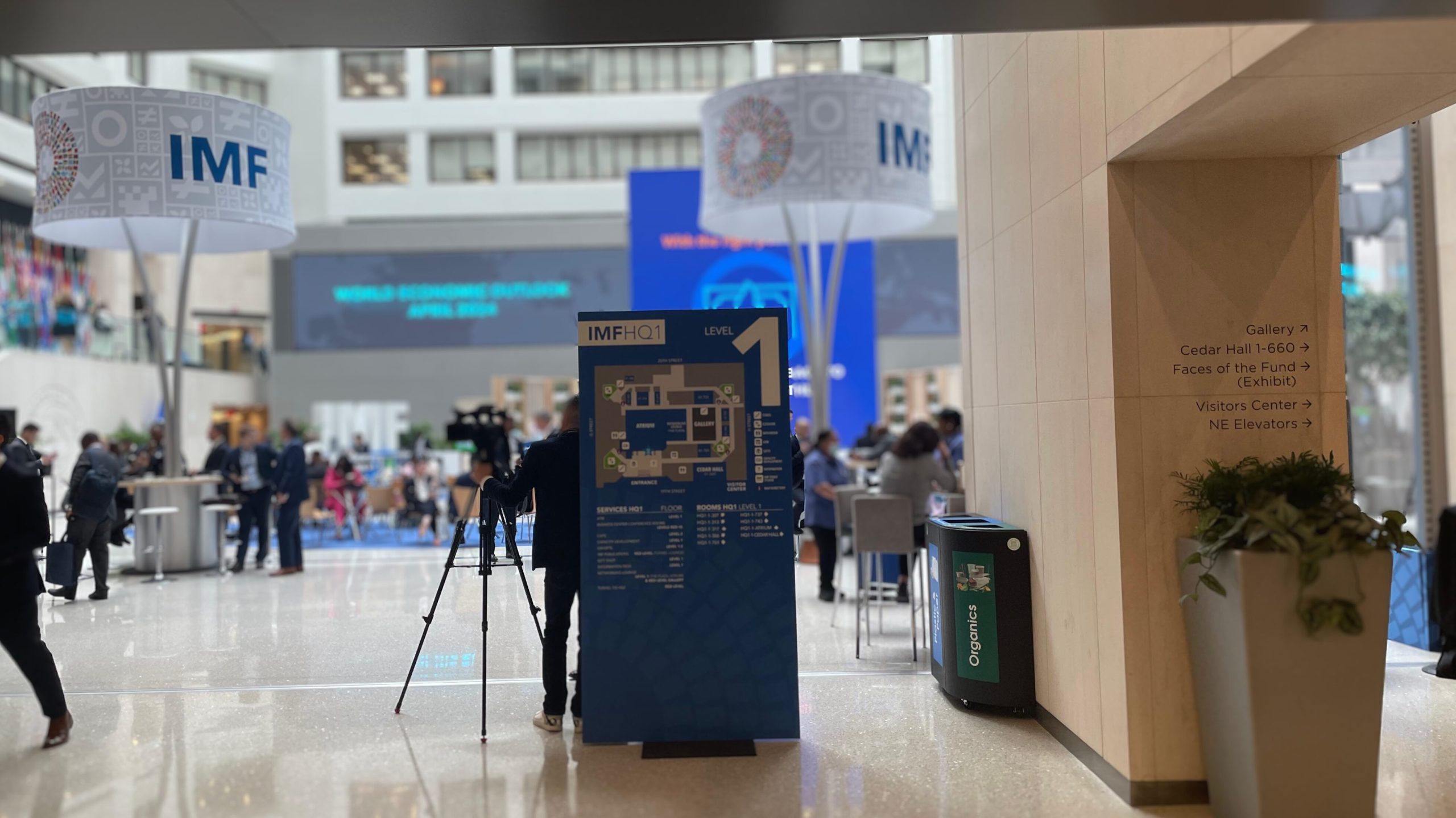
Strengthening the Role of Civil Society: Effective Strategies for Navigating IMF Negotiations
In a world fraught with economic and political challenges, civil society organizations (CSOs) emerge as a driving force in the critical process of negotiating with the International Monetary Fund (IMF).
IFC and MIGA Adopt First-Ever Remedy Framework: A Milestone for Accountability
In a major step forward for accountability in development finance, the International Finance Corporation (IFC) and the Multilateral Investment Guarantee Agency (MIGA)—the private sector arms of the World Bank Group—have
Reconstruction Priorities in Post-War Lebanon and the Imperative for Accountable, Equitable Recovery — a Primer by Arab Watch Coalition
In the wake of the 2024–2025 Israeli assault on Lebanon, the question of reconstruction has re-emerged as an urgent national priority. Yet this is not reconstruction as the country has
Understanding and Engaging with the IMF: A Toolkit for Arab Civil Society Organizations
The International Monetary Fund (IMF) plays a significant role in shaping economic policies across the Arab region, influencing everything from fiscal reforms to social spending. However, its decision-making processes often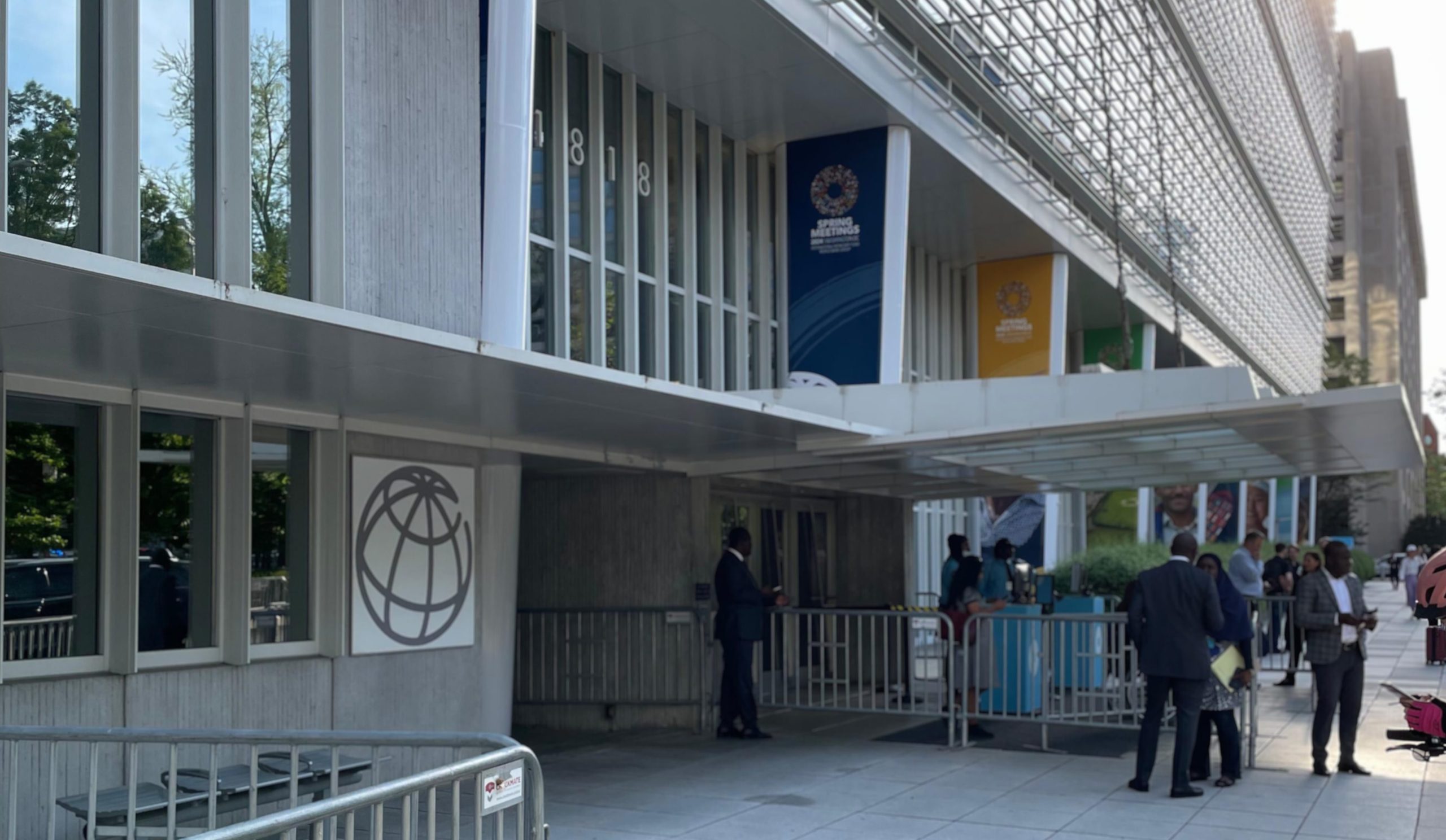
Understanding and Leveraging the World Bank’s Environmental and Social Framework: A Toolkit for MENA CSOs
Introduction to the toolkit This guide, in its third part, is designed to address a critical area for civil society organizations (CSOs) across the Arab region: understanding and engaging with
Understanding the World Bank’s Updated CCE Framework and New Monitoring Indicator: Key Insights and CSOs’ Recommendations
This overview is based on key consultation documents, including “Citizens at the Center: A Strategic Review of Good Practices and Lessons Learned for the Renewal of World Bank Support for
The Lebanese Government is Formed—Nine Urgent Priorities for Economic Recovery
Lebanon’s economic trajectory remains precarious following the devastating war with Israel (October 2023–November 2024), which compounded an already severe financial crisis. With the IMF expected to reengage in negotiations for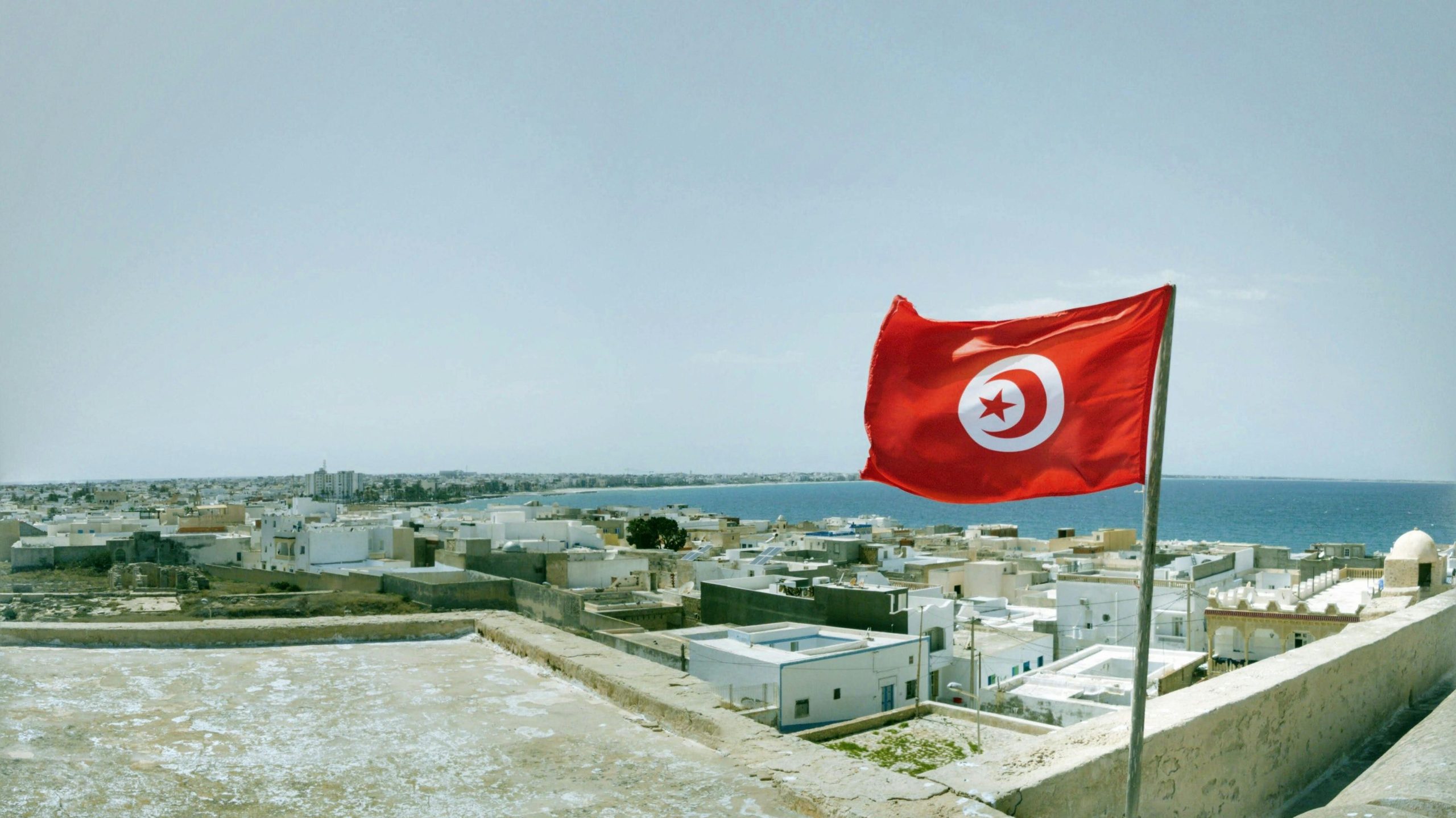
Tunisia’s IMF Journey: Unveiling the Successes, Failures, and Ongoing Challenges.
Brief Introduction to the Study Tax policy is one of the fundamental tools of economic policy that states use to achieve an effective balance between public resources and expenditures while